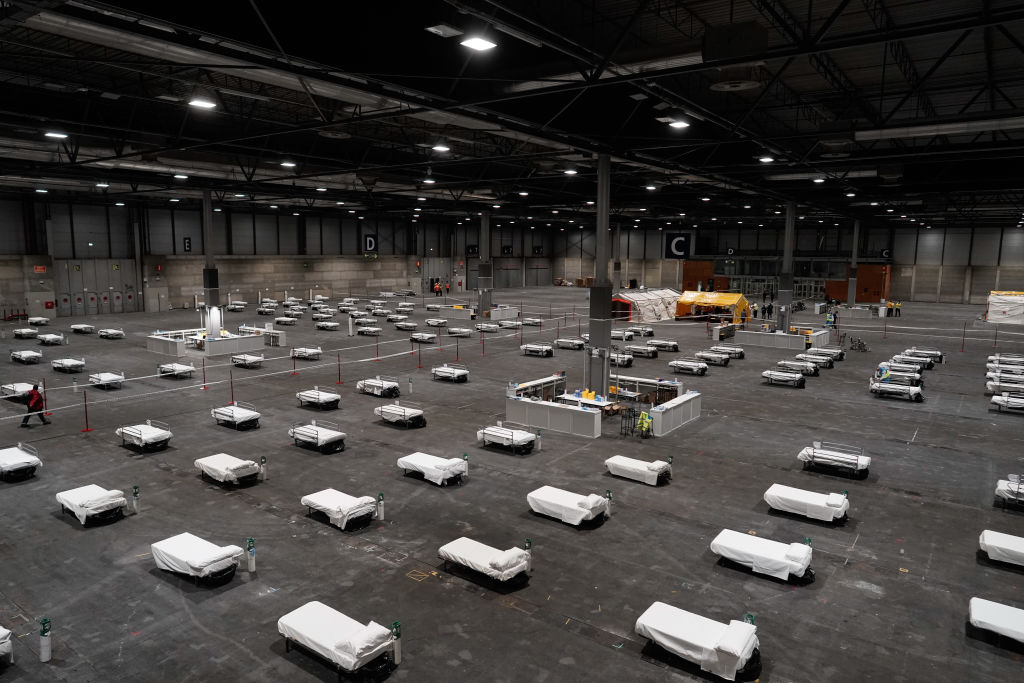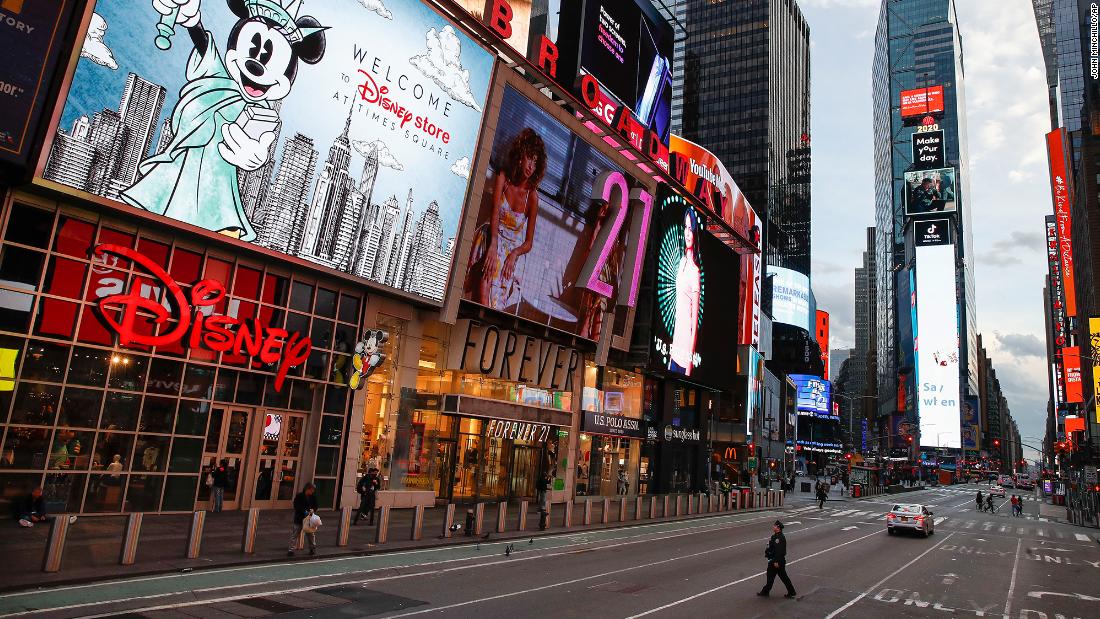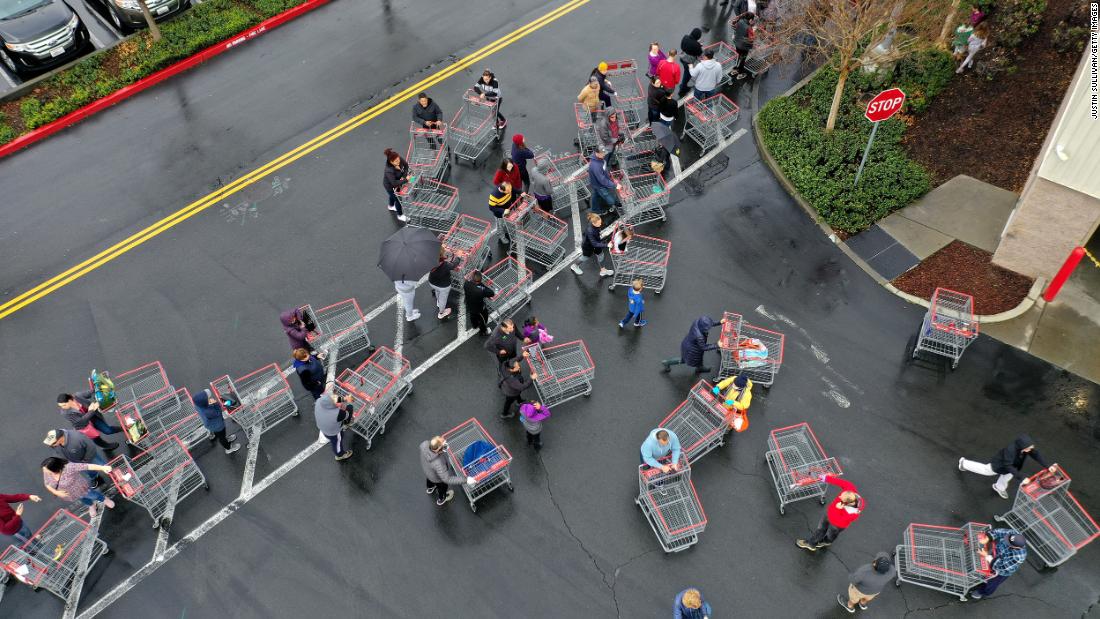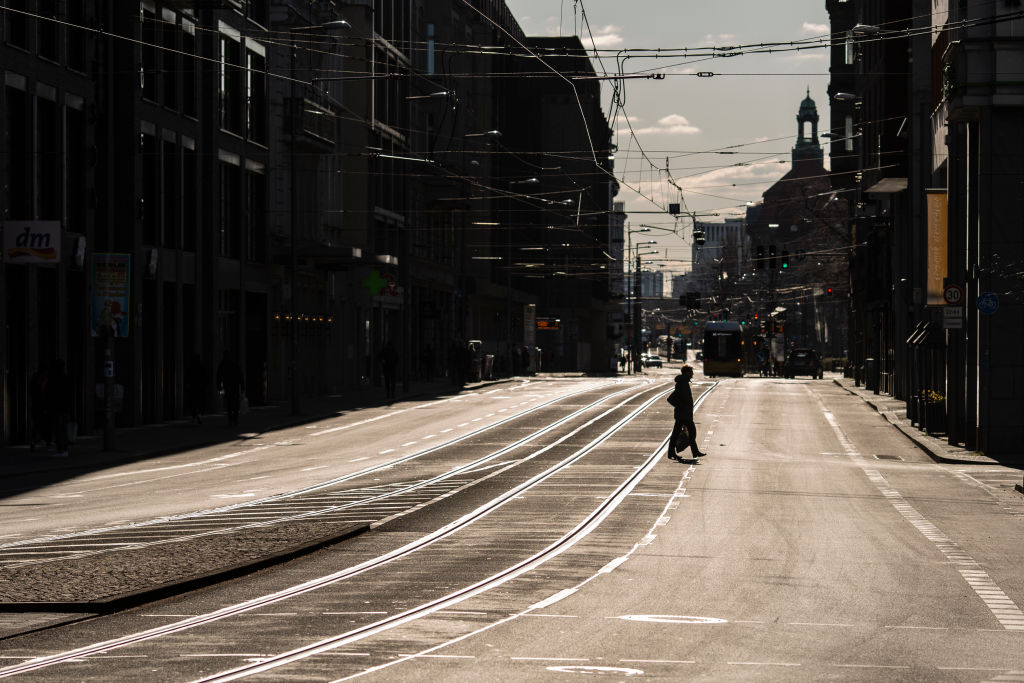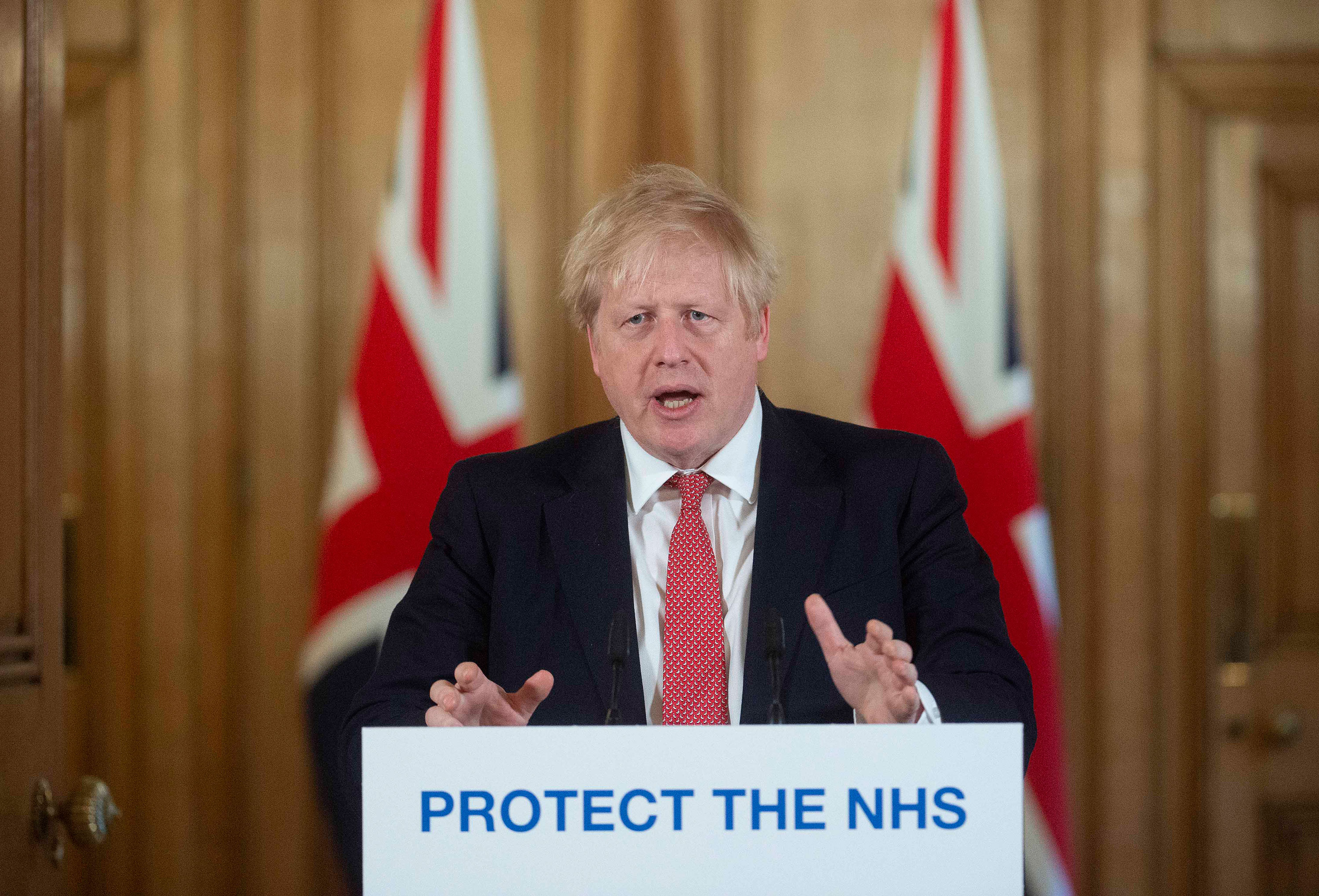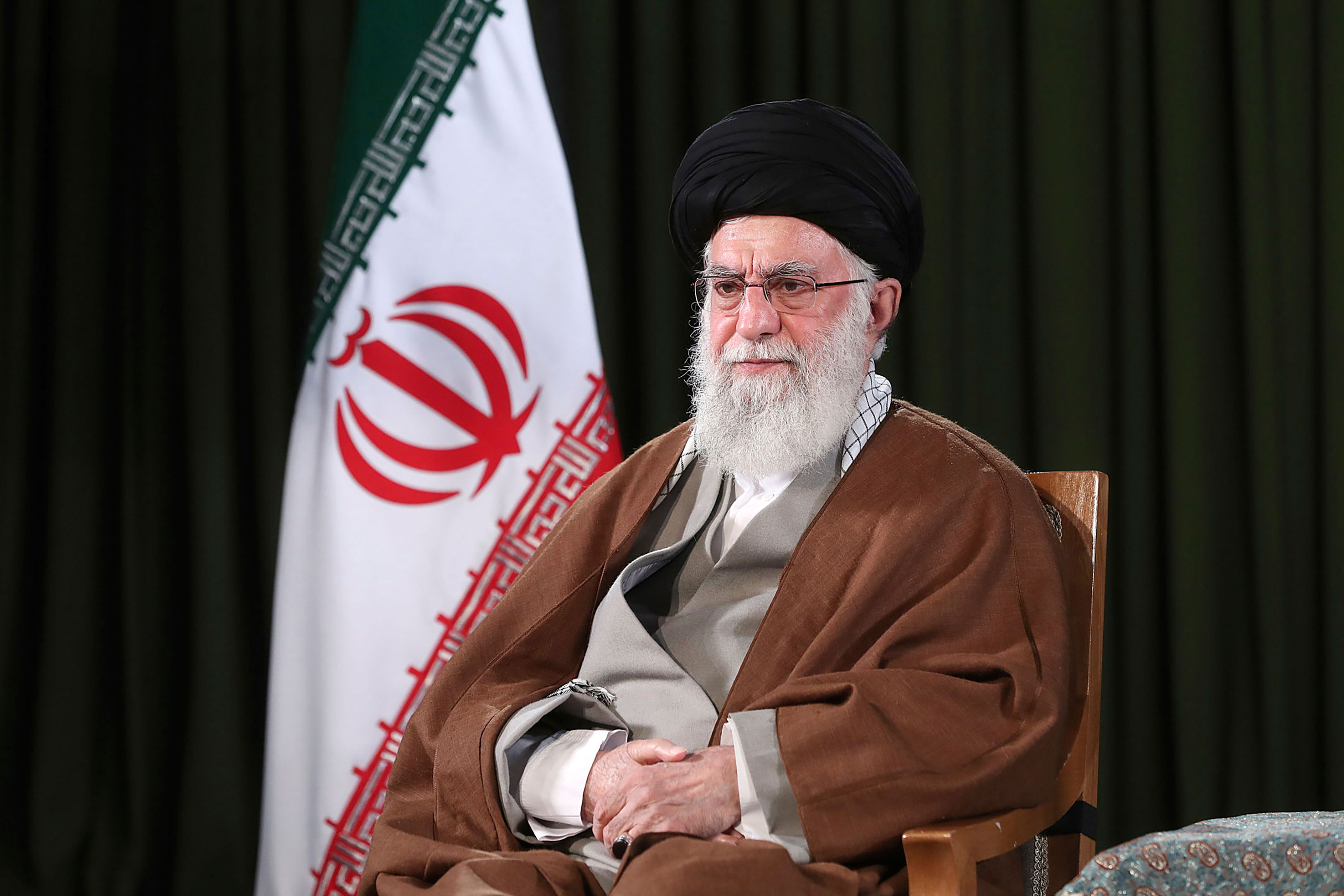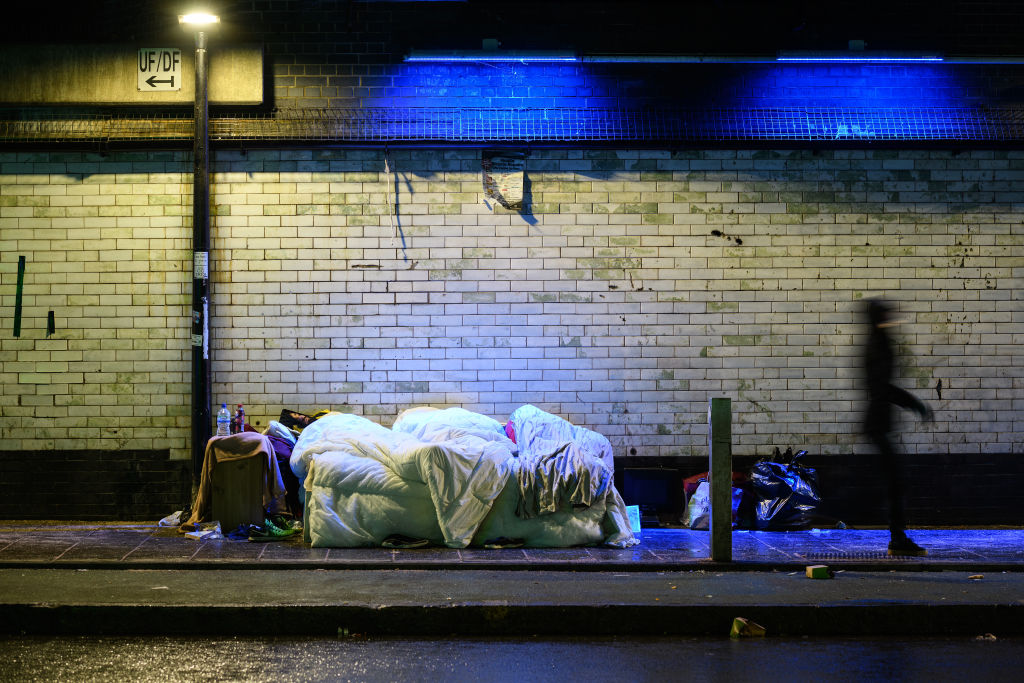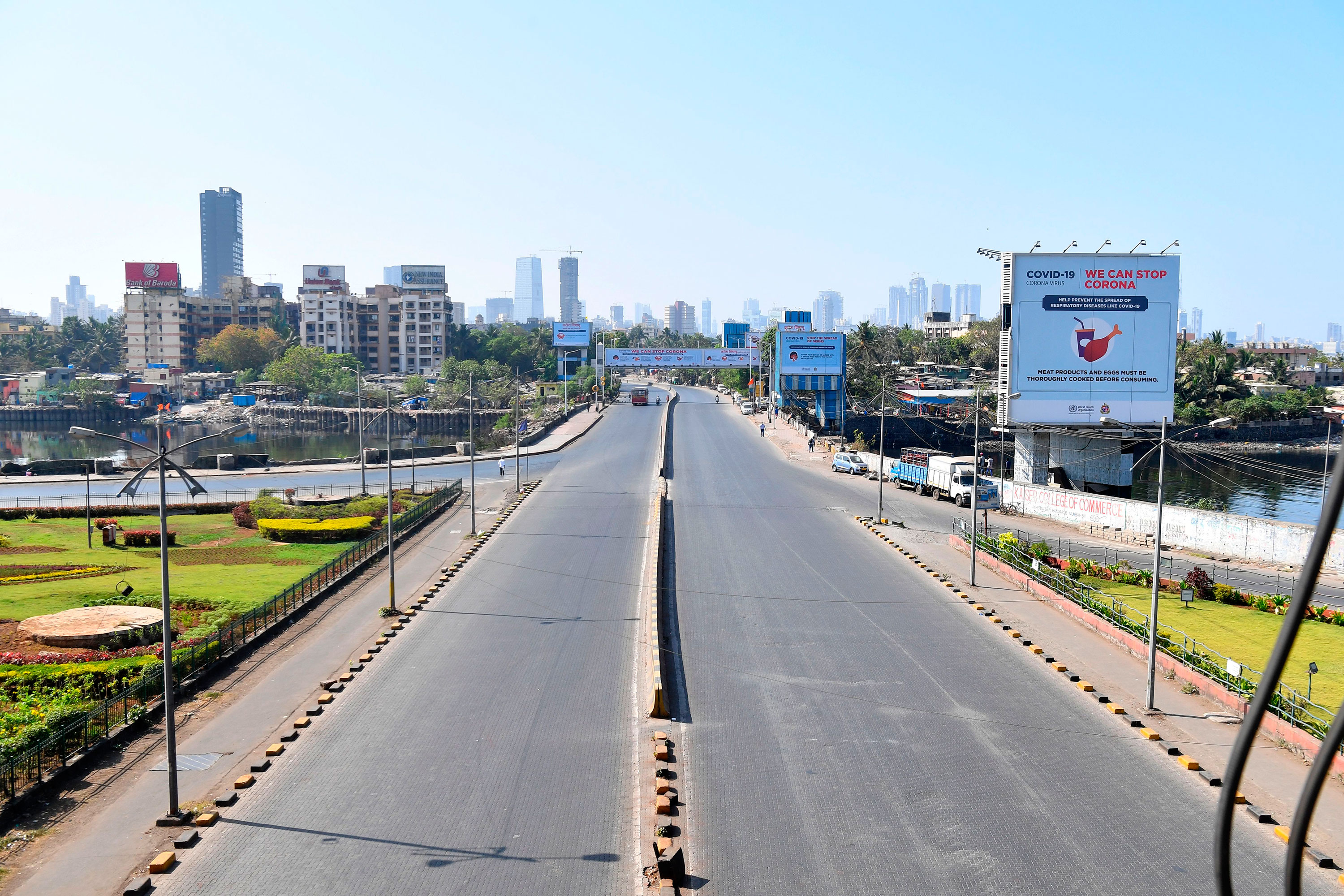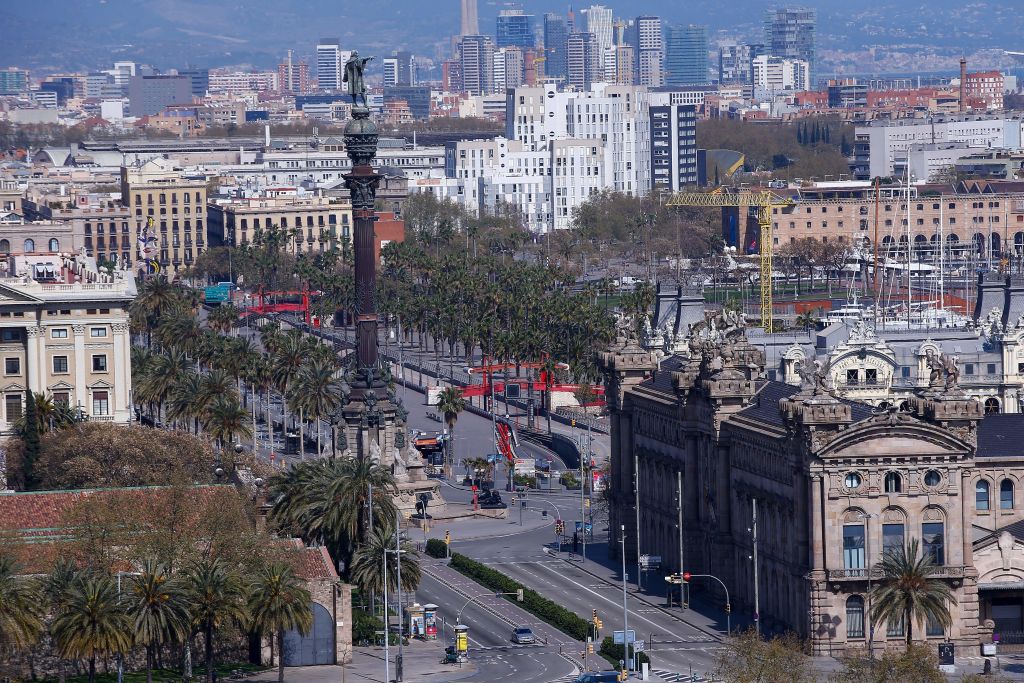
Spanish Prime Minister Pedro Sanchez has been in meetings with health and security officials on Sunday morning, as Spaniards prepare for a possible extension of their country's state of emergency.
Sanchez is expected to address the nation in a televised speech later on Sunday.
It comes with the country's death toll from the virus accelerating. The country's health ministry said on Sunday that another 394 had died in just the past 24 hours, bringing the total number of confirmed fatalities to 1,720.
"There are hard days ahead," Sanchez said in a televised briefing on Saturday. "We have to get ready from a physiological and emotional standpoint. We have to get to the end of next week strong, very strong. The risk is everywhere."
Spain has been locked down and placed in a state of emergency since Friday March 13. The period was initially expected to last 15 days, but cases in the country continue to soar as that deadline approaches.
Emergency hospitals have been set up across the country, while residents have been urged to stay indoors and normally busy streets are deserted.
Almost 25,000 cases have been reported in total, with a drastic spike of 5,000 new cases reported on Saturday.
"Spain is among the most-affected countries in Europe and in the world," Sanchez said on Saturday, adding that the worst is still to come.
In an effort to strengthen Spain's response to the health crisis, Sanchez announced the national production of masks, ventilators and tests. Meanwhile, the government has bought 640,000 reliable ratified fast tests, which will soon be 1 million, and within the next few hours 1.3 million masks will be handed to health personnel and patients, Sanchez said.
